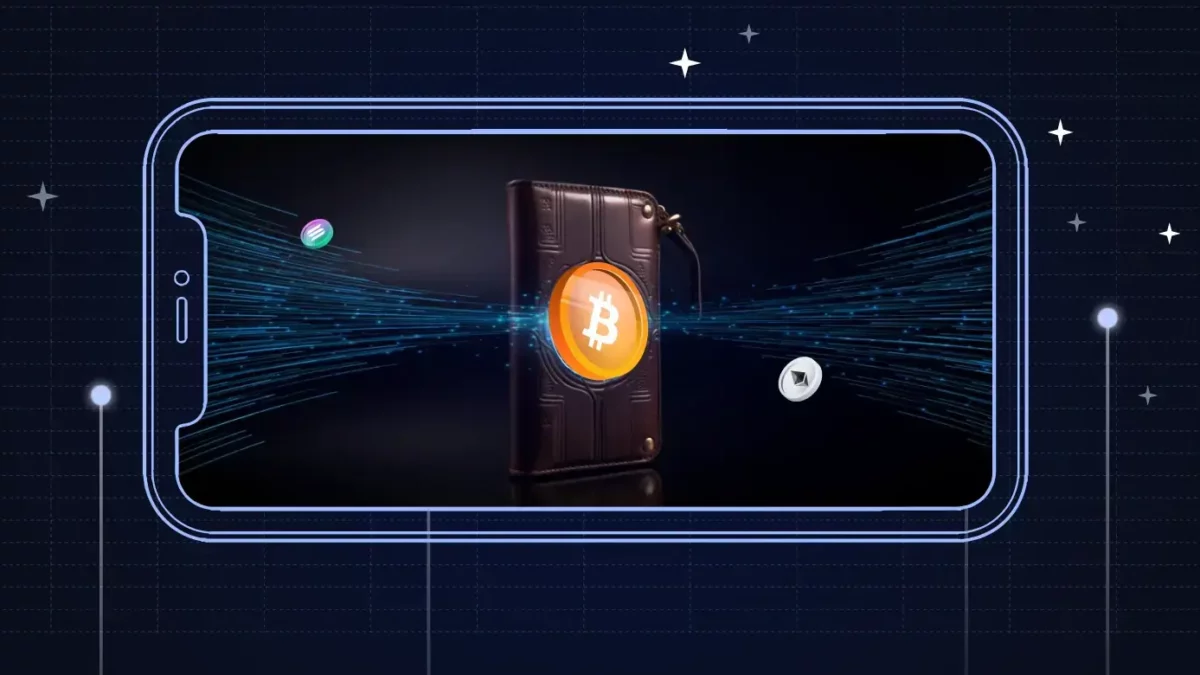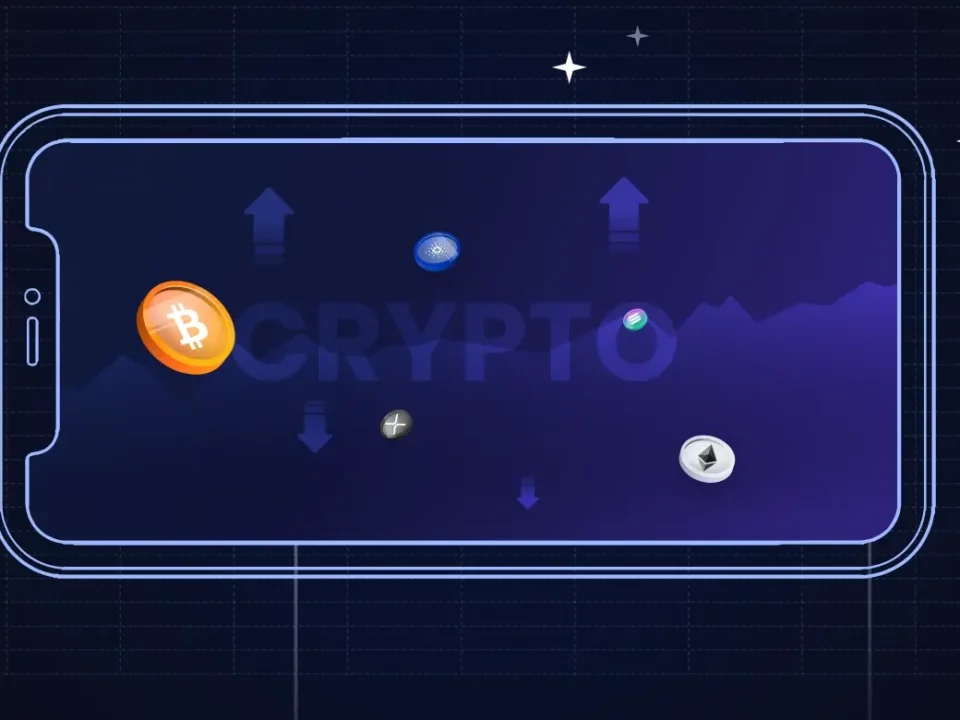Table of Contents
ToggleIntroduction
In today’s digital age, the realm of finance is continually evolving. One of the most significant developments in recent years is the rise of crypto transactions. Although both crypto and fiat currencies can be used to buy goods and services, the way they work on the technical level is quite different.
When you make a payment using a traditional financial institution, such as a bank, the funds are moved from one account to another. Crypto, on the other hand, does not exist in the same way that fiat currency does. Instead, crypto is stored on a blockchain, which is a public ledger of all crypto transactions. When you make a crypto payment, you are essentially transferring data between blockchain addresses. This means that crypto funds never physically change hands. Instead, transactions are permanently recorded on the blockchain, which shows which funds belong to which address.
In this article, we will delve into the basics of crypto transactions, providing you with a comprehensive understanding of this groundbreaking financial technology.
Basic of Crypto Transactions
- Digital Assets: Crypto transactions involve digital assets, which are secured using cryptography. These assets exist solely in the digital realm, eliminating the need for physical intermediaries like banks.
- Blockchain Technology: Transactions are recorded on a blockchain, a distributed ledger that ensures transparency and security. This technology guarantees the integrity of the transaction history.
- Wallets: To engage in crypto transactions, individuals need a digital wallet. Wallets store private keys that grant access to their digital assets. It’s essential to keep these keys secure.
- Decentralization: Unlike traditional financial systems, crypto transactions operate on a decentralized network. This means no single entity controls the entire system, enhancing security and reducing the risk of censorship.
How do crypto transactions work?
To initiate a crypto transaction, a user needs to create a transaction and sign it with their private key. Once done, the transactions are then broadcasted to the whole blockchain network. Miners on the network verify the transaction and add it to a block. After adding the block is completed, the transactions are then considered complete.
- Crypto transactions are typically faster and cheaper than traditional payment methods. This is because crypto transactions are not subject to the same delays and fees as traditional payment methods, such as bank transfers and credit card payments.
- Crypto transactions can be used to send and receive money from anywhere in the world. This is because crypto transactions are not subject to the same restrictions as traditional payment methods, such as currency exchange rates and geographic limitations.
To simply put it, in order to create a crypto transaction, you need to specify the following information:
- The amount of crypto you want to send
- The address of the recipient
- Your private key
Did you know? Your private key is a unique code that gives you access to your crypto funds. It is important to keep your private key safe and secret.
Read More: Crypto Payment vs Traditional Payment
6 Steps for Crypto Transactions
Now that we learned what crypto transactions are, here are the 6 steps you need to follow to create a transaction of your own.
- Select a reputable crypto wallet compatible with the crypto you intend to use.
- Ensure the wallet’s security features meet your needs.
- Purchase crypto assets through a trusted exchange or marketplace.
- Verify the legitimacy of the platform and follow local regulations.
- Enter the recipient’s wallet address carefully. Crypto transactions are irreversible, so precision is crucial.
- Specify the amount and any additional transaction details.
- Confirm the transaction on your wallet.
- The blockchain network will validate and record the transaction.
- Depending on the crypto and network traffic, confirmation times may vary.
- Monitor your transaction’s progress through blockchain explorers.
- Once confirmed, the recipient will receive the crypto assets in their wallet.
- Ensure both parties acknowledge the successful transaction.
Learn More: Top Cryptos with Lowest Transaction Fees
How do crypto transactions differ from traditional financial transactions?
When comparing crypto transactions to everyday banking transactions, it is important to understand how different crypto network model differs from fiat transactions.
- Decentralization vs. Centralization: Crypto transactions are decentralized, meaning that no institution or government controls them. TradFi transactions, on the other hand, require intermediaries such as banks, making the process more centralized.
- Transparency vs. Privacy: Crypto transactions are recorded on a public ledger, providing transparency. Anyone can view transactions, but they cannot necessarily identify the individuals involved. TradFi transactions are private; banks have this information, but it is not publicly accessible.
- Speed and Accessibility: Crypto transactions can be processed at any time, from anywhere in the world, often faster than traditional banking systems, especially for international transfers. In September 2023, there were approximately 635,000 Bitcoin transactions per day.
- Ownership: With crypto, once someone has purchased them, they have full ownership of their funds, which are governed by private keys. While, in TradFi, third parties have control over one’s funds and they have the ability to freeze the accounts if they see it necessary.
In summary, crypto transactions differ from traditional financial transactions in several key ways:
- Decentralization: Crypto transactions are decentralized, while TradFi transactions are centralized.
- Transparency: Crypto transactions are transparent, while TradFi transactions are private.
- Speed and Accessibility: Crypto transactions are often faster and more accessible than TradFi transactions.
- Ownership: Crypto users have full ownership of their funds, while TradFi users do not.
It is important to note that crypto transactions are still relatively new and are still evolving. As such, there are some risks and challenges associated with using crypto, such as price volatility and the potential for fraud. thus, it is important to always do thorough research before diving into the sector.
Additional Read: Can Crypto Replace Paper Money: Fiat Currency vs Crypto
Conclusion
Crypto transactions represent a transformative shift in how we handle financial transactions. They offer speed, security, and accessibility. As the crypto ecosystem continues to expand, understanding the basics of crypto transactions is increasingly important. While not without risks, the potential benefits are substantial for those who engage responsibly.
FAQs
To create a Bitcoin transaction, you need to have a crypto wallet and some BTCs in your wallet. You will also need to know the public address of the person you are sending the BTC to. Once you have this information, you can create a transaction and sign it with your private key. The transaction will then be broadcast to the blockchain network. Crypto transactions are tracked by tracking the movement of crypto assets from one address to another. Each crypto asset has a unique address, which is like a bank account number. When you send crypto assets to someone, you are transferring them from your address to their address.How is a Bitcoin transaction executed?
How are crypto transactions tracked?
Related posts
Understanding the Different Types of Cryptos: Coins, Tokens, Altcoins & More Explained
Explore the major types of crypto assets and their unique roles.
Read more
PAWS Telegram Game: The New Tap to Earn Game That Is Beating Hamster Kombat
Discover how to play and earn with PAWS Telegram game.
Read more


